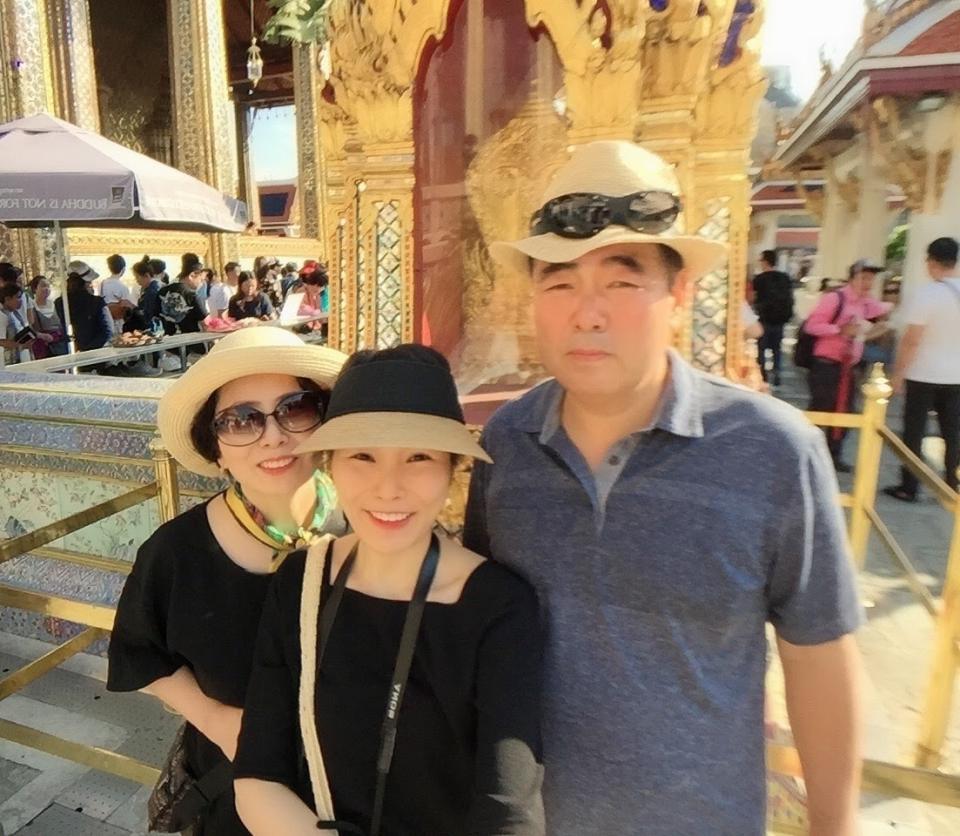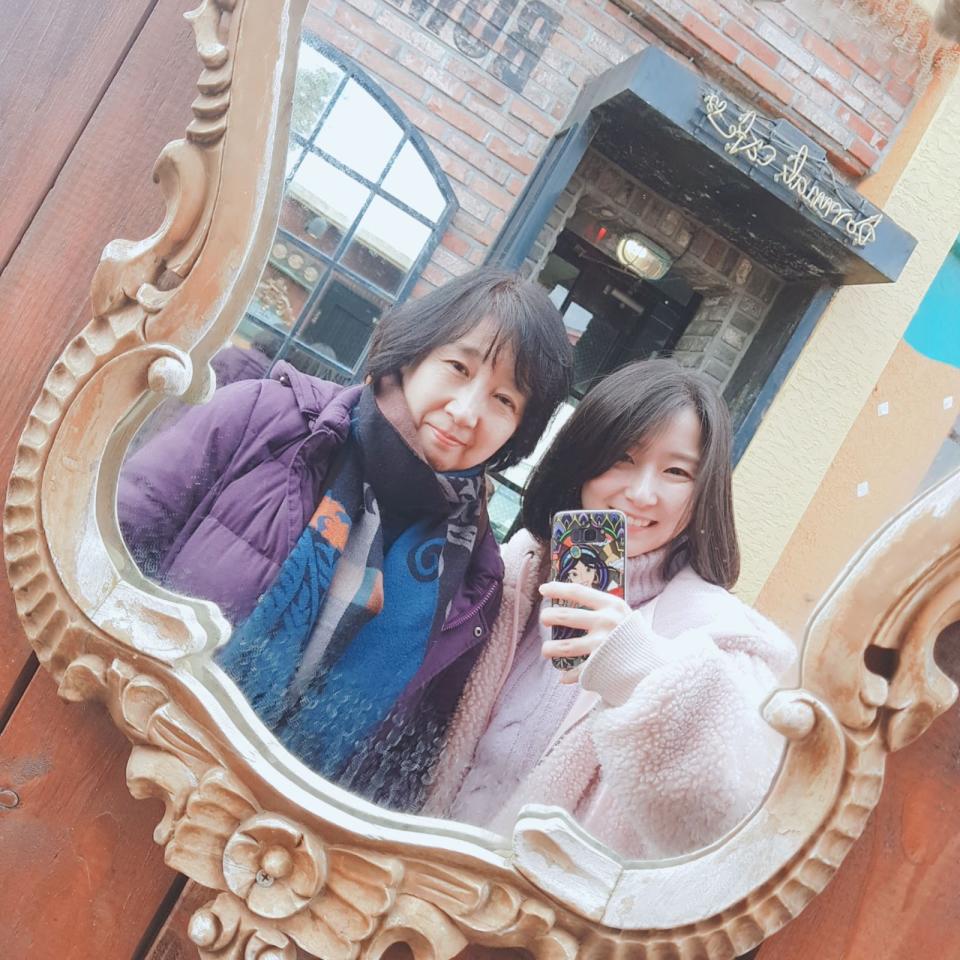Meet the 'kangaroo tribe': South Korea's 30- and 40-somethings living with mom and dad
Most parents want to shield their children from the hardships of the world, and in South Korea, that often means continuing to provide a home for them even after they are well into adulthood.
“Let’s be honest. How could I let my precious boy have a hard time?” Lee Young-wook, 61, said.
His son, Lee Jeong-kyu, is 31 and still lives with his parents in the home in which he grew up in Bundang, a suburb of Seoul. Their home is no mansion, but rather a small apartment, just big enough for the three of them.
Despite the tight space, the younger Lee has never moved out and lived on his own before — and he doesn’t intend to get his own place anytime soon.
He is a member of South Korea’s “kangaroo tribe” — a moniker used to describe unmarried men and women who haven’t moved out of their parents’ homes, even though they are in their 30s and even 40s. The name suggests the image of an overgrown marsupial that hasn’t left its mother’s pouch.
According to a recent report from South Korea’s national statistics office, more than 50 percent of unmarried adults between the ages of 30 and 40, and 44 percent of those between 40 and 44, still live with their parents.
The report, which was released at the end of March, caused a stir in the country, fueling the popular stereotype that the kangaroo tribe is made up of South Koreans who have failed to achieve success in life. The report noted that 42 percent of children who live with their parents are unemployed, and mainstream media coverage featured images of exhausted older parents accompanied by carefree, unemployed adult children.
Despite the recent media attention, however, experts say that in contrast with the United States, it’s long been common for children in South Korea to live with their parents into adulthood.
“The kangaroo tribe phenomenon is hardly a modern phenomenon in South Korea, since the percentages of adults in their 30s and 40s living with their parents in the 1980s and 2010s do not differ by much,” Kye Bong-oh, a sociology professor at Kookmin University, said.

Furthermore, while a lack of economic independence is often a factor for why children don’t leave the nest, the truth is that many continue to live at home for a variety of reasons, and the kangaroo tribe phenomenon is not as simple and one-sided as often depicted in popular culture.
For some adult children, the arrangement allows them to care for their aging parents more easily, while also saving money for the future. Others, particularly single women, cite their parents’ conservative views as a reason for not moving out.
Song Jung-hyun, 36, and Nang Yoon-jin, 33, for example, have long possessed the financial resources to live on their own. Both women work as teachers at a public middle school in Seoul, which is one of the most sought-after careers in the country. But their parents believe women should only move out when they get married.
“My parents think that the world is a dangerous place for a woman to live by herself,” Song said.
For many single people, living with their parents could be stifling. Both Song and Nang said they are happy with the arrangement, however, emphasizing its practical benefits.
“My mom still makes me breakfast and pays for the living expenses and utility bills. Not much has changed from when I was a student, other than the fact that I am working now,” Nang said. “My mom wants me to save up money in preparation for getting married.”

Song said living with her parents has also allowed her to save time and money, since she doesn’t have to worry about doing her own laundry or other household chores. Moreover, when she needs advice or wants to discuss important issues, her parents are just a quick knock away.
Far from taking advantage of her parents’ continued generosity, she said, the situation is mutually beneficial.
“It’s not just me who enjoys this living arrangement. My parents really appreciate having me around as well,” she said. “As my parents are getting older, they find certain things very challenging — like using their smartphones and doing online banking. Since we live together, I help out a lot with those. My parents often tell me that they cannot imagine living without me.”
The term “kangaroo tribe” entered the popular lexicon in South Korea in the early 2000s, a period of high unemployment among young people, in which many recent college graduates continued to live with their parents because they were unable to find work.
Between 1997 and 1998, the youth unemployment rate skyrocketed from 5.7 percent to 12.2 percent, before falling slightly to 8.1 percent in 2000, according to the national statistics office. In 2020, the youth unemployment rate in South Korea stood at 9 percent.

But whereas people used to belittle members of the kangaroo tribe for being socially and financially inept, Kye said the stigma has begun to wane.
“People are now aware that economic independence at this day and age is increasingly difficult to achieve,” he said.
Lee Chul-hee, an economics professor at Seoul National University, noted that South Korea’s economy has made achieving financial independence and living on one’s own increasingly challenging for the younger generation.
“Housing prices in big cities including Seoul have sharply increased since 2000, while the job market has become highly unstable, with an increased number of temporary job hires,” Lee said. “These factors all make it much more difficult for people in their 30s and 40s to move out of their parents’ home and be independent.”
Given the fact that his son has never had a stable job, Lee Young-wook is confident that he is making the right choice not to pressure his son to move out.
“My wife and I want to be like a big mountain that our son could always lean on to,” he said. “I won’t be worried at all about him until he is at least 35.”

